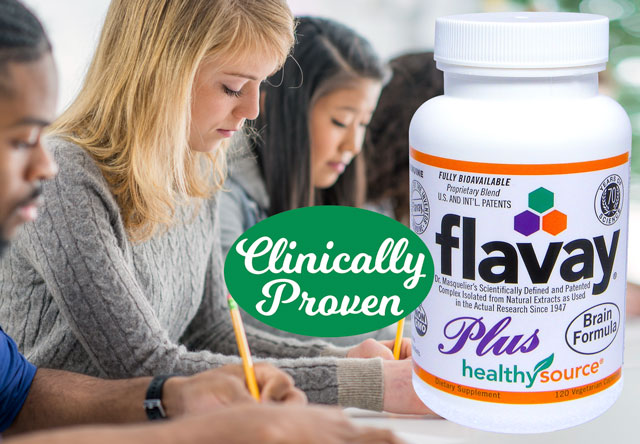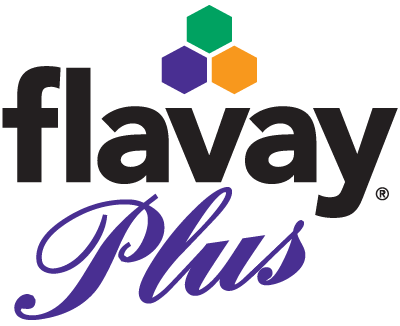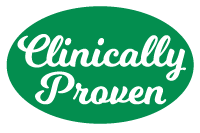Increase Mental Performance and Reduce Stress in Adults and Children and Athletes

Phosphatidylserine effectively reduces physical and mental stress in young persons. (125)
Clinical data accumulated from over 20 years of controlled testing, including at least 21 double-blind clinical trials, shows phosphatidylserine benefits practically all higher functions of the brain. (110, 211, 212)

Phosphatidylserine significantly improves ADHD symptoms and short-term auditory memory in children. (217)
Human clinical trials on physical and mental stress show that phosphatidylserine supplementation is helpful for young adults and children.
Phosphatidylserine is considered to be one of the most important brain nutrients beneficially influencing numerous neurotransmitter systems, such as acetylcholine, dopamine, serotonin and norepinephrine. This fatty molecule is shown to counteract the stress-induced activation of the hypothalamic-pituitary-adrenal axis when faced with a physical stressor. (216)
In young healthy college students, phosphatidylserine supplementation resulted in an increase in mental performance during a calculus test and an increase in accuracy off the tee and a reduction of perceived stress in golf players. (216, 215)
A study with 15 ADHD children, ages 6–12 years, shows taking 200 mg of phosphatidylserine per day for 2 months significantly improved ADHD symptoms. (218)
Recently, a randomized, double-blind, placebo-controlled trial performed on 36 children (ages 4 to 14) confirmed previous findings. Phosphatidylserine is helpful for children with behavioral and attention problems.(217)
Double-Blind, Placebo-Controlled, Crossover Studies
| Scientific Trial Description, Author, Year of Pub. (Ref.) | mg | Duration |
|---|---|---|
| A randomized, double-blind, placebo-controlled study performed on 36 children (ages 4 to 14) who had
not previously received any drug treatment related to ADHD. Main outcome measures included: (i) ADHD
symptoms based on DSM-IV-TR; (ii) short-term auditory memory and working memory using the Digit Span
Test of the Wechsler Intelligence Scale for Children; and (iii) mental performance to visual stimuli
(GO/NO GO task). Results: “Phosphatidylserine significantly improved ADHD symptoms and
short-term auditory memory in children. Phosphatidylserine supplementation might be a safe and
natural nutritional strategy for improving mental performance in young children suffering from ADHD.”
—Hirayama S, et al., 2014 (217) |
200 | 60 days |
| Double-blind, placebo-controlled, crossover study on healthy young men (about 26 years old) found:
“phosphatidylserine is an effective supplement for combating exercise-induced
stress and preventing the physiological deterioration that can accompany too much exercise.
Phosphatidylserine supplementation promotes a desired hormonal status for athletes by blunting
increases in cortisol levels.”
—Starks MA, et al., 2008 (216) |
600 | 10 days |
| Placebo-controlled studies where phosphatidylserine significantly blunted
the rise in cortisol caused by physical stress in healthy young men.
—Monteleone et al., 1992 (117) —Fernholz et al., 2000 (120) —Fahey et al., 1998 (121) |
800 | 10 days |
| 600 or 300 | 15 days | |
| 800 | 14 days | |
| Double-blind, placebo controlled clinical trial on young healthy university students subjected to
standard acute stress test: mental arithmetic under time pressure. Stress was monitored by heart rate.
Students taking phosphatidylserine scored significantly better, were more clear-headed,
confident and composed.
—Benton et al., 2001 (125) |
300 | 30 days |
| A randomized, double-blind, placebo-controlled study performed to evaluate phosphatidylserine
supplementation on golf performance in healthy young golfers with handicaps of 15–40.
Results show a tendency to improve perceived stress levels and significantly improves
the number of good ball flights during tee-off which might result in improved golf scores.
—Jager et al., 2007 (215) |
200 | 42 days |





